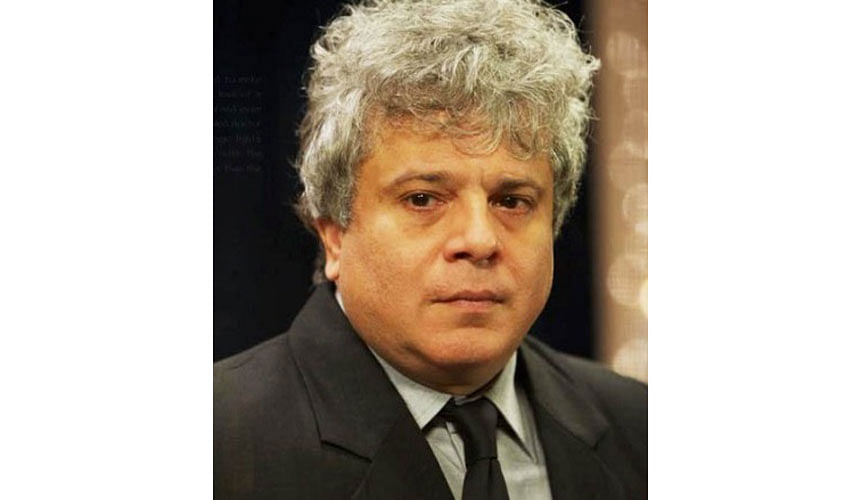
The #MeToo movement, which has occupied much of the public conversation for nearly two weeks now, continued to engulf more powerful and prominent men from Indian public life into its vortex. Top personalities from media, entertainment, sport and advertising were accused in the movement against sexual harassment and subjugation of women, especially in professional life.
Many top women leaders in the advertising, design and media industries came together to pen an open letter on workplace sexual harassment. "Any harassment is not okay. Period. Nobody should be able to use their power of authority or gender to discriminate, abuse or harass anyone," says the letter signed by "The Collective." The letter comes in the wake of high-profile names like consultant Suhel Seth being accused of sexual harassment. Times of India has the report.
Speaking of Suhel Seth, he's been accused of sexual harassment by at least four different women. Seth, a oft-sighted TV celebrity and media consultant, was accused by filmmaker Natashja Rathore, 27, who described an alleged incident that took last year at Seth’s condo in Gurgaon. She posted a number of screenshots of a WhatsApp message that she sent him recently recapping what happened. She wrote: “You shoved your tongue down my throat even when I resisted — I whacked your head and said ‘behave yourself’. TOI has the details.
And how is the corporate world responding? The #MeToo movement has caused a surge in the number of organisations rushing to firms for training solutions to sensitise the workforce and complaints committees with regard to the law on Prevention of Sexual Harassment at the Workplace. TOI has more.
Tata Motors Ltd has sent Suresh Ranharajan, its chief of corporate communications, on leave following allegations of inappropriate behaviour with female employees.
The movement has now begun to rattle organisations. Times of India’s Hyderabad Editor K R Sreenivas, who was facing allegations of sexual misconduct, has resigned. It is the second prominent resignation after Hindustan Times’ Prashant Jha stepped down from his Chief of Bureau post due to an allegation of sexual misconduct by a former employee. The News Minute has more on this.
One of the most powerful people who is facing a number of allegations is journalist-turned-politician MJ Akbar, the Minister of State for External Affairs. And a new accuser says the minister harassed her when she was an 18-year-old intern at The Asian Age newspaper in 2007. HuffPost India has an in-depth story.
The voices coming forward have encouraged others in the media to do the same. Shutapa Paul related her experience with Akbar from eight years ago in a thread of tweets.
While Akbar faces calls for resignation, a BJP leader from Madhya Pradesh is shifting the focus to journalists. Lata Kelkar, the chief of the party's women's wing, has said that she does not consider women journalists so "innocent" that they could be misused by anyone. However, Kelkar also said that she welcomed the #MeToo movement as it gave strength to women. NDTV recaps the development.
Some of the accused at the centre of the vortex are pushing back. Actor Alok Nath and his wife Ashu on Saturday filed a complaint in a local court seeking defamation proceedings to be initiated against writer-director Vinta Nanda for accusing him of rape.
The #MeToo movement is also revealing a wide disparity between the national media and the regional press in terms of working cultures, and how structures of accountability and impunity operate. Many women journalists at vernacular media houses in Tamil Nadu, Karnataka, Andhra Pradesh and Kerala said they cannot even speak out about workplace harassment, let alone file formal complaints. Scroll.in analyses why these women can’t even "afford to outrage" against sexual harassment.
As the #MeToo beast stretches its tentacles ever further, one wonders who will be next.
